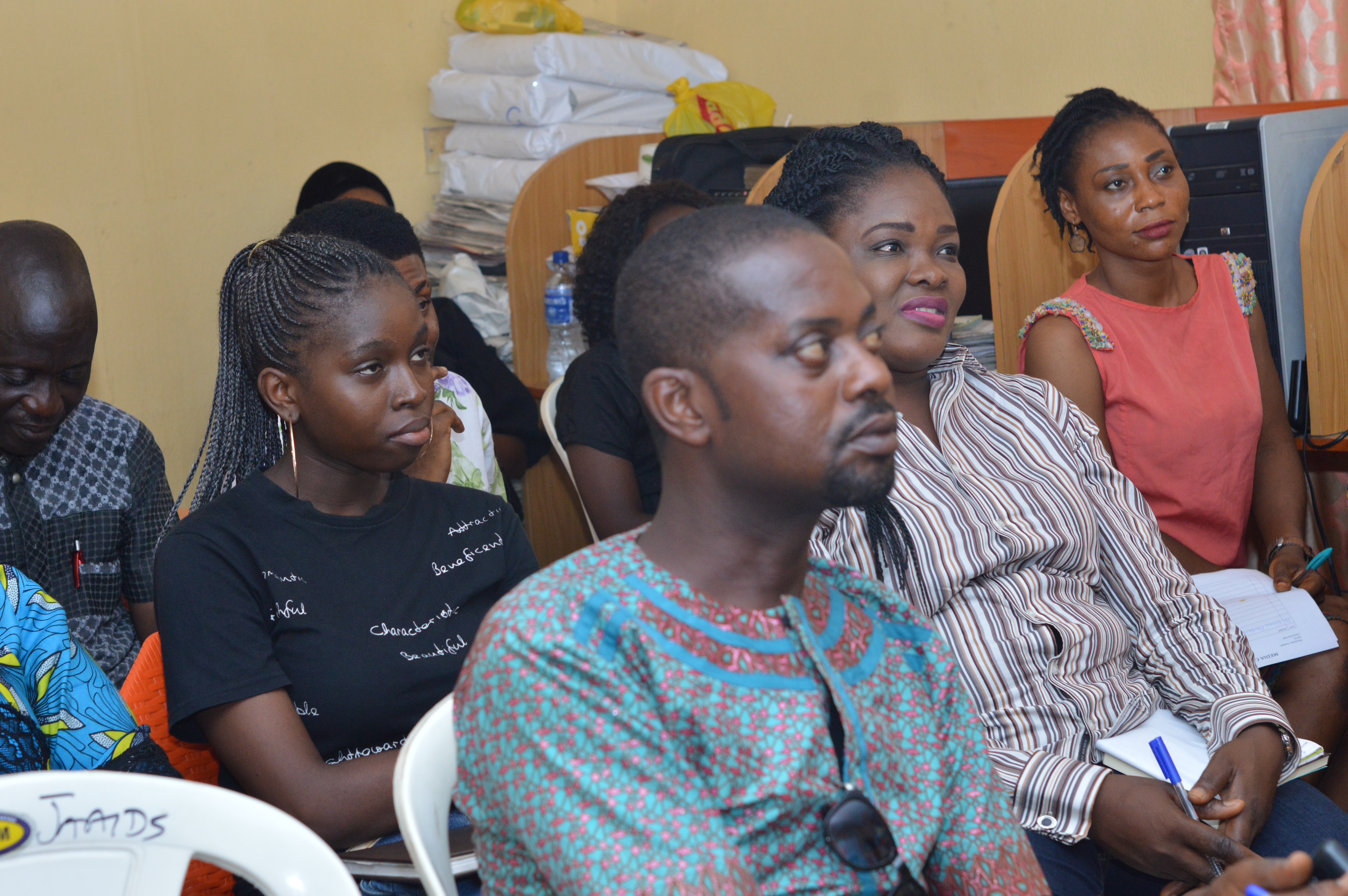Lekan Otufodunrin writes on the advice for journalists on how much risk they should take in their bid to get the best stories
Why should a journalist risk being killed in order to investigate or cover a story? Put in another way, is there any story worth dying for?
This was one of the questions raised by participants at the investigative desk workshop held at The Nation newspaper by the Wole Soyinka Centre for Investigative Journalism in 2014. The response to the question by the Managing Editor of Premium Times, Muskilu Mojeed, one of the two lead facilitators at the training, was an emphatic ‘No’.
While the possibility of being attacked by people who are hurt by media reports is one of the hazards of the profession and investigative journalism requires that journalists must be courageous and dogged, Mojeed noted that it is only those who are alive that can write stories. I agree with Mojeed that as much as journalists should not shy away from investigating sometimes very sensitive stories that are of public interest, we should learn to take necessary measures to protect our lives while on duty.
Freelance photographer of Saturday Nation of Kenya, Joseph Mathenge, the 2014 overall winner of the CNN African Journalist of the Year award, took a big risk-taking picture during the terror attack on the Westgate Shopping Mall in Nairobi. Daring efforts like the one by Mathenge are required to get outstanding reports, but the risk must be measured in favour of not getting killed.
Every job has its hazards. Journalism is not more dangerous than some others contrary to the wrong impression bandied about. What is required is to know what to do when we foresee obvious dangers.
Here are some survival tips:
*Be security conscious
*Don’t take your security for granted. Watch your back.
*Be alert to the security risk you run based on the types of stories you are investigating and writing and take necessary precautions.
*Be sure you are not being followed while driving or moving around.
*Once in a while, change your usual route and avoid giving out too much information about your movements.
*If possible, get the police or any other security protection depending on how serious the story you are investigating is.
*Avoid places where you can easily be attacked
*Be careful what you say in public and even among colleagues about the story you are investigating.
*Inform your editor of any major story you are working on and your movements.
*Get insurance cover.





